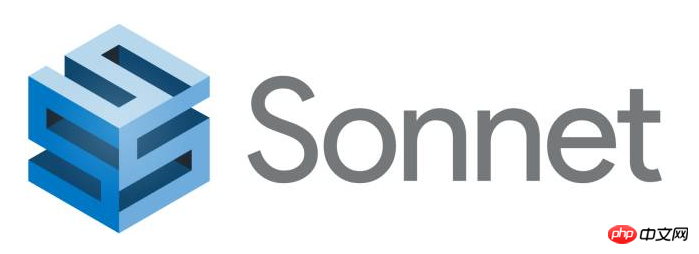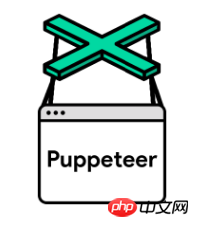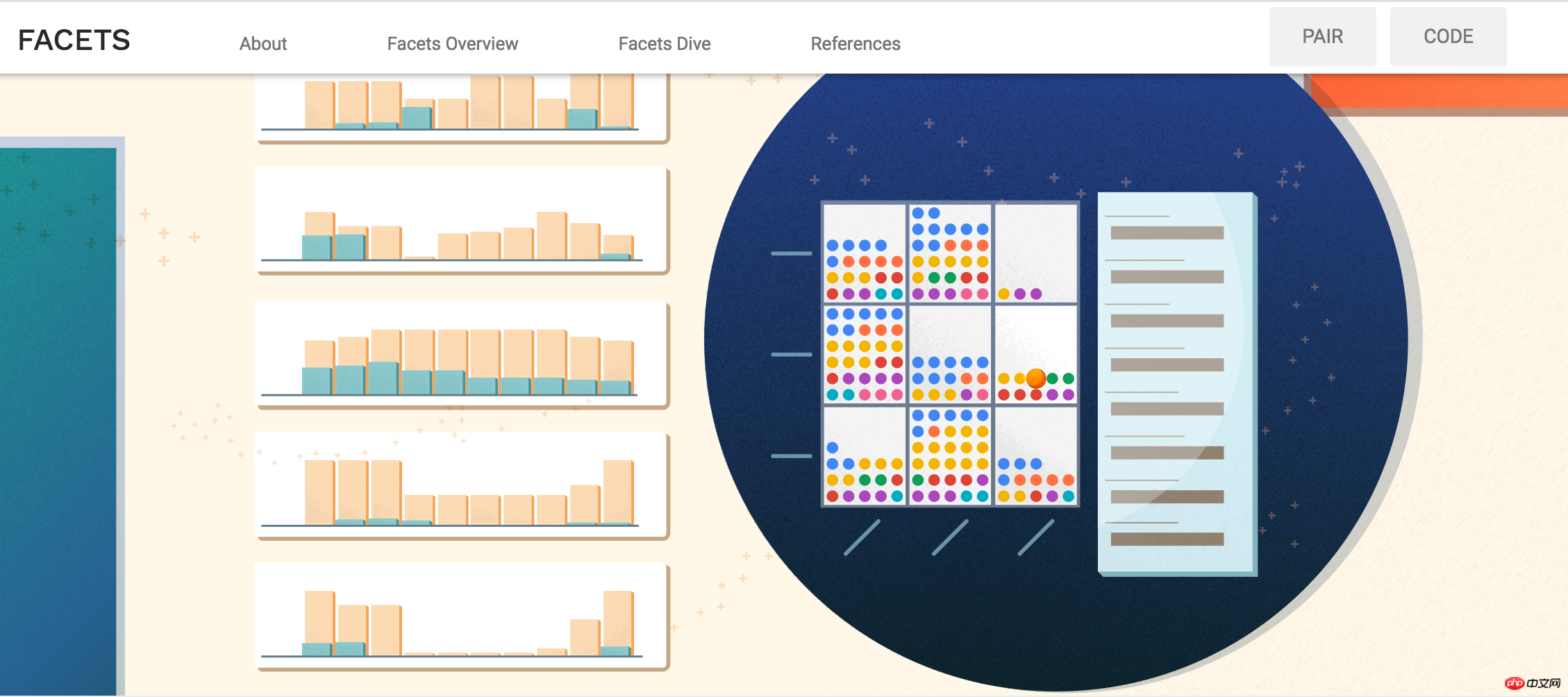
Istio is an open source project jointly developed by Google, IBM and Lyft, aiming to provide a unified microservice connection and security guarantee , management and monitoring methods. The Istio project can provide a traffic management mechanism for microservice architecture, and also creates a foundation for other value-added functions (including security, monitoring, routing, connection management and policy, etc.). The software is built using the proven Lyft Envoy proxy to provide visibility and control without any effort on application code. The Istio project is a powerful tool that helps CTOs/CIOs implement holistic security, policy, and compliance requirements within the enterprise.
Python Fire is a Google open source library that can automatically generate a command line interface (CLI) from any Python code.
Simple example:
import fireclass Calculator(object): """A simple calculator class.""" def double(self, number): return 2 * numberif __name__ == '__main__': fire.Fire(Calculator)
Then, you can run:
python calculator.py double 10 # 20python calculator.py double --number=15 # 30

TensorFlow Fold is a library for creating TensorFlow models that use structured data, where the structure of the computational graph depends on the structure of the input data.
TensorFlow Fold makes it easier to implement deep learning models that handle different data sizes and structures. Fold implements dynamic batch processing, transforming batches of arbitrary-shaped computational graphics to produce static computational graphics. The graph has the same structure regardless of what input it receives, and can be executed efficiently with TensorFlow.

Grumpy is a Python to Go source code translation compiler and runtime designed to replace CPython 2.7.
The key difference is that it compiles Python source code to Go source code and then compiles it to native code, not bytecode. This means Grumpy doesn't have a VM. Compiled Go source code is a sequence of calls to the Grumpy runtime, a Go library that serves a similar purpose to the Python C API (although the C API is not directly supported).

The Sonnet library uses an object-oriented approach to allow the creation of modules that define some forward conduction calculations. The module is called with some input Tensors, adds operations to the graph and returns an output Tensor. One design choice is to ensure that variable sharing is handled transparently by automatically reusing variables on subsequent calls to the same module.

Puppeteer is a Node.js API for controlling headless Chrome. It is a Node.js library that provides a high-level API to control headless Chrome through the DevTools protocol. It can also be configured to use full (non-headless) Chrome.



JupyterHub for creating and managing interactive Jupyter notebooks
Configurable to use CPU or GPU and scaled to a single cluster size with a single setting Tensorflow Training Controller
TF Serving container
BOARDGAME.IO is a game framework open sourced by Google. It is sold on WeChat NiuNiu platform (h5.hxforum.com) Contact information 17061863533 Penguin 2952777280 WeChat Tel17061863533. It is designed to allow game authors to essentially transform game rules into a game framework. A series of simple functions that describe the game's state changes when a specified action occurs. The framework handles representational state transfer. No more manually writing any network or backend code.
OpenFermion is an open source software used to compile and analyze quantum algorithms to simulate fermion systems, including quantum chemistry. Among other functions, the current version Features data structures and tools for obtaining and manipulating representations of fermions and qubit Hamiltonians.
The above is the detailed content of PHP and h5 development WeChat Niu Niu platform sales project code. For more information, please follow other related articles on the PHP Chinese website!
 How to open php file
How to open php file
 How to remove the first few elements of an array in php
How to remove the first few elements of an array in php
 What to do if php deserialization fails
What to do if php deserialization fails
 What are the production methods of html5 animation production?
What are the production methods of html5 animation production?
 How to connect php to mssql database
How to connect php to mssql database
 How to connect php to mssql database
How to connect php to mssql database
 How to upload html
How to upload html
 How to solve garbled characters in PHP
How to solve garbled characters in PHP




